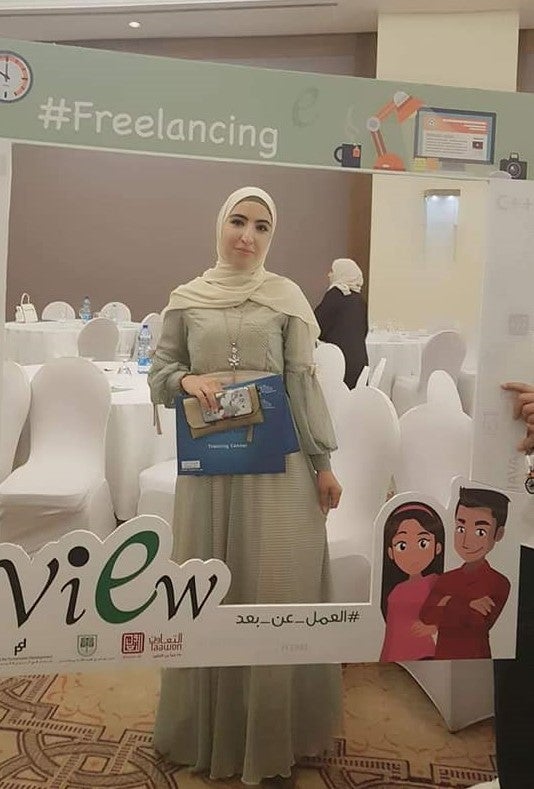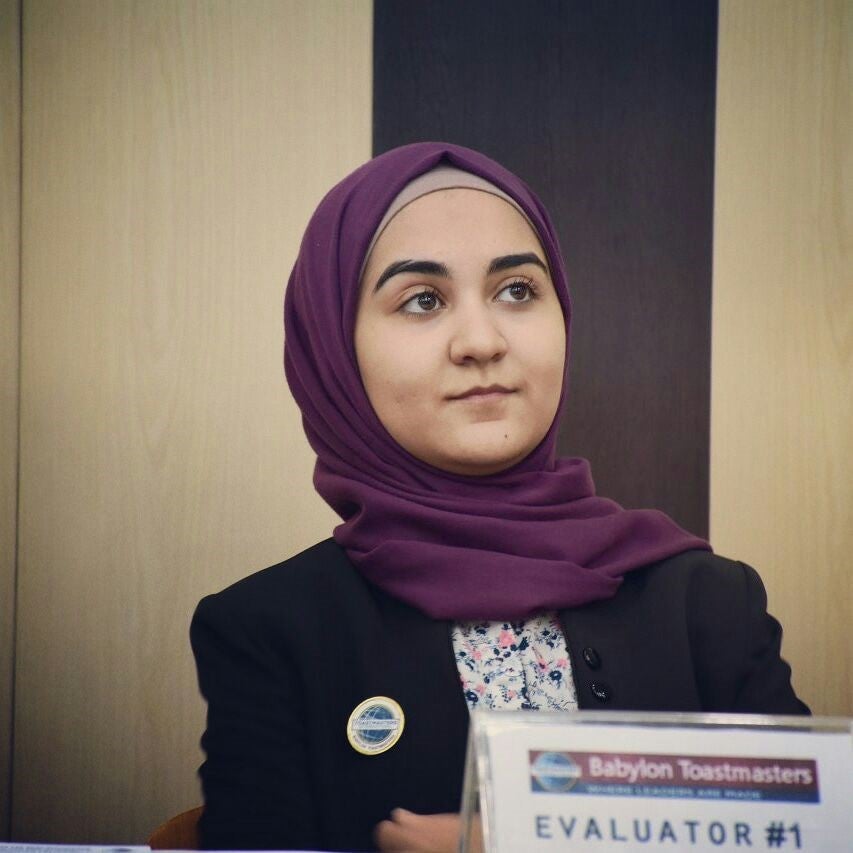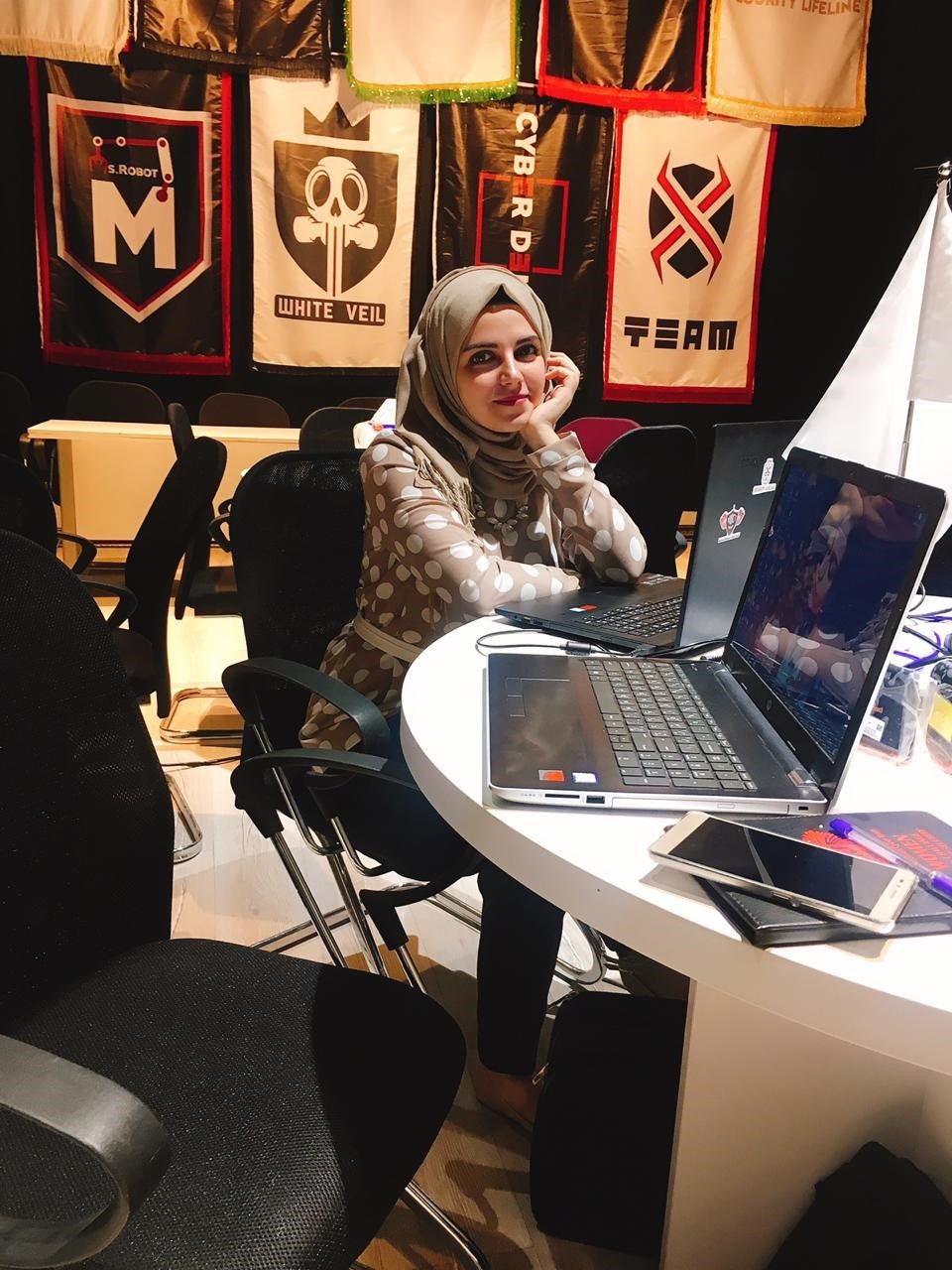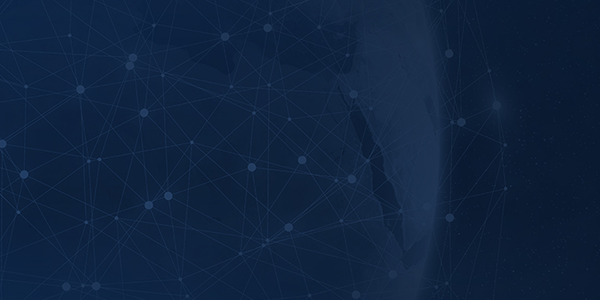Women and girls are fighting hard for their rights and to achieve equality. Still, there is no question that the world has a long way to go, particularly in the fields of science, math, and engineering.
“Women in STEM fields publish less, are paid less for their research, and do not progress as far as men in their careers,” according to the UNESCO Institute for Statistics. Despite successful efforts in the past decade to engage women and girls in STEM, communities and organizations need to do more to support their empowerment.
Women in STEM have been rightfully celebrated over the past two months, both for International Day of Women and Girls in Science on February 11th as well as for International Women’s Day on March 8th. In honor of these events, World Learning talked to three alumnae of the NextGen Coders Network (NGCN) project: Aseel Jawazri, Sally Manasrah, and Shireen Alshaikhli. NGCN is a virtual exchange funded by the Stevens Initiative that connects participants in the U.S., Iraq, and the Palestinian Territories. Participants develop their coding skills individually and work together in teams to create a website or app that will contribute to solving global problems in their communities.
Sally Manasrah lives in Hebron, Palestinian Territories, and dreams of becoming a computer engineer.
Working on a virtual exchange with teammates from foreign countries was a new opportunity for most NGCN participants. “My experience in this program was very beautiful, I benefited a lot from it in different aspects, including getting to know other cultures and forming a team of people I don’t know [who then] became my friends, and we worked on a joint project to benefit our societies,” said Sally.
Aseel agreed, saying that the NGCN experience helped her improve her teamwork skills and widened her perspective. Aseel aspires to enter the field of bioinformatics.
These young women’s passion for equal education opportunities like NGCN was evident in their teams’ final websites. Shireen and her team decided to tackle illiteracy. Aseel’s team worked to reduce illiteracy and tackle regional educational challenges. Sally’s team wanted to help students understand and choose their university specialization.
“We need more creative minds in STEM. Encouraging more girls to join means encouraging more people overall. This way, our societies might discover more hidden talents and great minds,” says Aseel. She and the others recognize the importance of female role models in STEM to encourage and empower them to push forward. Among those role models are Saba Alwais, an engineer at the University of Technology in Baghdad, and Nour Majbour, a neuroscientist at the Qatar Biomedical Research Institute.
Aseel Jawazri in Babil, Iraq, wants to enter the field of bioinformatics.
To young girls and women who are considering pursuing an education in STEM, our alumni had these messages:
Aseel shared her belief that “STEM is a great and wide field with many opportunities worldwide, being involved in it can surely add lots to your life.”
Shireen says, “If you join STEM programs, you will find more friends from different cultures. In addition to that, you will gain experience from different groups and this is enough for you to feel positive.”
Sally adds: “My message to all women is that they have to challenge themselves and accomplish something in this life which remains entrenched in their minds. They have to take advantage of every opportunity that could be available to them and this program is one of these opportunities.”
Shireen Alshaikhli of Baghdad, Iraq, wants to become a STEM program supervisor like those who have helped her on her journey.
This blog was originally posted by World Learning here.



